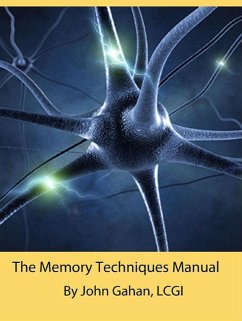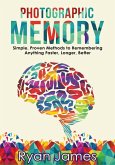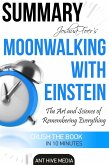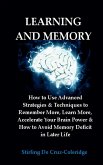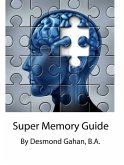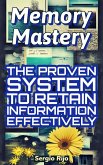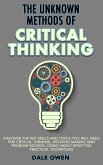Early hypothesis envisage a memory "engram," a truthful manuscript written by the body to explain long-ago experiences. Freud popularized descriptions of reserved memoirs, experiences actually obscured in the pits of the intuitive. Contemporary descriptions are conquered by correlation to computers, in which the individual mind is a hard disk that stores practice in electronic archives and folders. Distinctive of biology, the fact is at formerly more intricate and extra stunning than any of these metaphors.
How does the brain stock up information? What type of reminiscence do people have? How simple is it for you to memorize certain things? It's thought that humans have two main sort of memory: short-term and long-term.
Scientists do not yet recognize numerous stuff about human memory and many of the thoughts and hypothesis regarding it are still fairly contentious. The subsequent argument stresses a few of the more extensively decided upon thoughts. For instance, most scientists agree that it is very useful to describe human memory as a set of STORES which are "places" to put information, plus a set of PROCESSES that that act on the stores.
A very simple representation may include 3 different stores:
The Sensory Information Store (SIS) The Short-Term Store (STS) The Long-Term Store (LTS)
and 3 processes
Encoding (putting information into a store) Maintenance (keeping it "alive") Retrieval (finding encoded information)
How does the brain stock up information? What type of reminiscence do people have? How simple is it for you to memorize certain things? It's thought that humans have two main sort of memory: short-term and long-term.
Scientists do not yet recognize numerous stuff about human memory and many of the thoughts and hypothesis regarding it are still fairly contentious. The subsequent argument stresses a few of the more extensively decided upon thoughts. For instance, most scientists agree that it is very useful to describe human memory as a set of STORES which are "places" to put information, plus a set of PROCESSES that that act on the stores.
A very simple representation may include 3 different stores:
The Sensory Information Store (SIS) The Short-Term Store (STS) The Long-Term Store (LTS)
and 3 processes
Encoding (putting information into a store) Maintenance (keeping it "alive") Retrieval (finding encoded information)
Dieser Download kann aus rechtlichen Gründen nur mit Rechnungsadresse in A, B, CY, CZ, D, DK, EW, E, FIN, F, GR, H, IRL, I, LT, L, LR, M, NL, PL, P, R, S, SLO, SK ausgeliefert werden.

